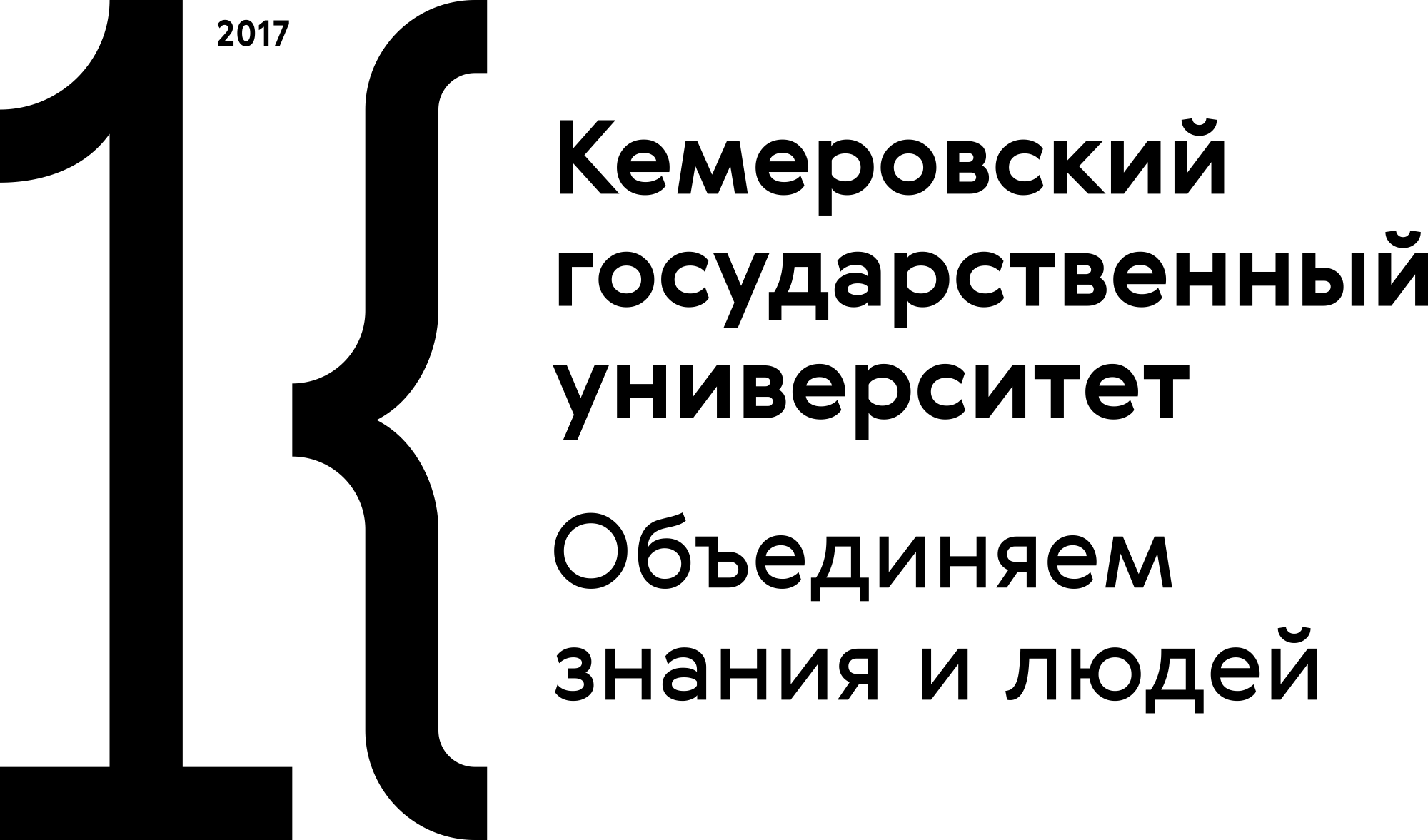Moscow, Russian Federation
Moscow, Russian Federation
The article proposes the integrated digital ecosystem concept for Kemerovo region with a mechanism for data collection and transformation. The concept meets the requirements for the creation of a data management center in the Kemerovo region. The requirements are specified in the Digital transformation strategy for economic sectors, social sphere and public administration of the Kemerovo region – Kuzbass. The authors analyze the strategy and list the characteristics of the current digital ecosystem of the region. The article reveals inconsistency in the interaction of state and municipal authorities with business structures and citizens of the region in the digital environment. The authors describe the expediency of applying the proposed concept in the Kemerovo region for a positive impact on the provision of social and economic benefits in the region. The effectiveness of digital ecosystems with data collection and transformation mechanisms is confirmed by examples of different countries. Thanks to the proposed concept, the requirements of legislation are met, the lack of consistency in the interaction of public authorities is resolved.
digitalization, digital transformation, digital ecosystem, digital twin, Kemerovo Region
1. Deng H., Bai G., Shen Z., Xia L. Digital economy and its spatial effect on green productivity gains in manufacturing: evidence from China. Journal of Cleaner Production, 2022, 378. https://doi.org/10.1016/j.jclepro.2022.134539
2. Dobrolyubova E. I. Evaluating digital government performance using surveys: international literature review and prospects for the future research. Public Administration Issues, 2022, (5): 152-181. http://doi.org/10.17323/1999-5431-2022-0-5-152-181
3. Shcherbakova N. V. Digital technologies in the Russian banking sector: main features and associated risks. Vestnik Kemerovskogo gosudarstvennogo universiteta. Seriia: Politicheskie, sotsiologicheskie i ekonomicheskie nauki, 2021, 6(1): 136-146. (In Russ.) https://doi.org/10.21603/2500-3372-2021-6-1-136-146
4. Tratkowska K. Digital transformation: theoretical backgrounds of digital change. Management Sciences, 2020, 24(4): 32-37. http://dx.doi.org/10.15611/ms.2019.4.05
5. Chumachenko Z. M. Features and main trends of digital transformation of Russian regions. Russian Economic Bulletin, 2022, 5(1): 37-42. (In Russ.) https://elibrary.ru/prekte
6. Litvintseva G. P., Karelin I. N. Effects and risks of digital quality of life in Russian regions. Ekonomika regiona, 2022, 18(1): 146-158. (In Russ.) https://doi.org/10.17059/ekon.reg.2022-1-11
7. Rosa F. R., Hauge J. A. GAFA's information infrastructure distribution: interconnection dynamics in the global North versus global South. Policy & Internet, 2022, 14(2): 424-449. https://doi.org/10.1002/poi3.278
8. Dobrolyubova E. I. Assessing government digital maturity. Information Society, 2021, (2): 37-52. (In Russ.) https://doi.org/10.52605/16059921_2021_02_37
9. Abramov V. I., Andreev V. D. Digital transformation of public and municipal administration: international experience and priorities in Russia. Municipal Academy, 2022, (1): 54-63. (In Russ.) https://doi.org/10.52176/2304831X_2022_01_54
10. Boyes H., Watson T. Digital twins: an analysis framework and open issues. Computers in Industry, 2022, 143. https://doi.org/10.1016/j.compind.2022.103763
11. Sergeeva N. V., Romanova O. A. Formation of the MFC network: regional aspect. Vestnik Altaiskoi akademii ekonomiki i prava, 2022, (1): 111-119. (In Russ.) https://doi.org/10.17513/vaael.2047
12. Vidiasov E. Yu., Vidiasova L. A. The digitalization of citizen participationin city governance: a study of citizen communication channels in St. Petersburg. The Journal of Social Policy Studies, 2021, 19(1): 115-128. (In Russ.) https://doi.org/10.17323/727-0634-2021-19-1-115-128
13. Sabirova Z. E. Provision of mass socially significant services in the context of digitalization. Economics and Management: Scientific and Practical Journal, 2021, (5): 51-54. (In Russ.) https://elibrary.ru/uppeax
14. Zavyalova E. A., Pogadaeva N. Yu. Digital transformation of state and municipal services. Vestnik Kemerovskogo gosudarstvennogo universiteta. Seriia: Politicheskie, sotsiologicheskie i ekonomicheskie nauki, 2021, 6(2): 219-228. (In Russ.) https://doi.org/10.21603/2500-3372-2021-6-2-219-228
15. Novikova Zh. S., Stenyashina N. L., Nazmutdinova A. R. Vectors of socio-economic development of the region in the context of digital transformation. Vestnik Kemerovskogo gosudarstvennogo universiteta. Seriia: Politicheskie, sotsiologicheskie i ekonomicheskie nauki, 2021, 6(2): 238-247. (In Russ.) https://doi.org/10.21603/2500-3372-2021-6-2-238-247
16. Abramov V. I., Andreev V. D. Prospects for the use of the Internet of things in the digital transformation of public and municipal administration (on the example of Finland). Municipal Academy, 2022, (2): 34-42. (In Russ.) https://doi.org/10.52176/2304831X_2022_02_34
17. Sallam M. S. H. A., Lips S., Draheim D. Success and success factors of the Estonian e-residency from the state and entrepreneur perspective. Electronic Governance and Open Society: Challenges in Eurasia. EGOSE 2021. Springer, Cham, vol. 1529, 291-304. https://doi.org/10.1007/978-3-031-04238-6_22
18. Molchanov I. N., Molchanova N. P. Planning in Russia: origins and perspectives. Public Administration. E-journal (Russia), 2022, (90): 59-73. (In Russ.) https://doi.org/10.24412/2070-1381-2022-90-59-73
19. Kupryashin G. L., Shramm A. E. On the outlook for the third wave of digital era governance. Public Administration. E-journal (Russia), 2021, (84): 256-276. (In Russ.) https://doi.org/10.24412/2070-1381-2021-84-256-276
20. Shchekotin E. V. Data-driven quality of life management: approach prospects. Theory and Practice of Social Development, 2022, (6): 64-68. (In Russ.) https://doi.org/10.24158/tipor.2022.6.9
21. Gruzdeva M. A. Civic participation digitalisation: limitations in the digital divides field. Digital sociology, 2022, 5(1): 15-24. (In Russ.) https://doi.org/10.26425/2658-347X-2022-5-1-15-24
22. Romanets I. I., Sheludko E. B. Platform markets as a basis for digital transformation of socio-economic processes. Innovatsionnaia ekonomika: perspektivy razvitiia i sovershenstvovaniia, 2021, (5): 137-144. (In Russ.) https://doi.org/10.47581/2021/PS92/IE.5.55.21
23. Mukhametov D. R. Digital government as exponential organization: new technologies of communication. The World of the New Economy, 2022, 16(2): 6-18. (In Russ.) https://doi.org/10.26794/2220-6469-2022-16-2-6-18

















